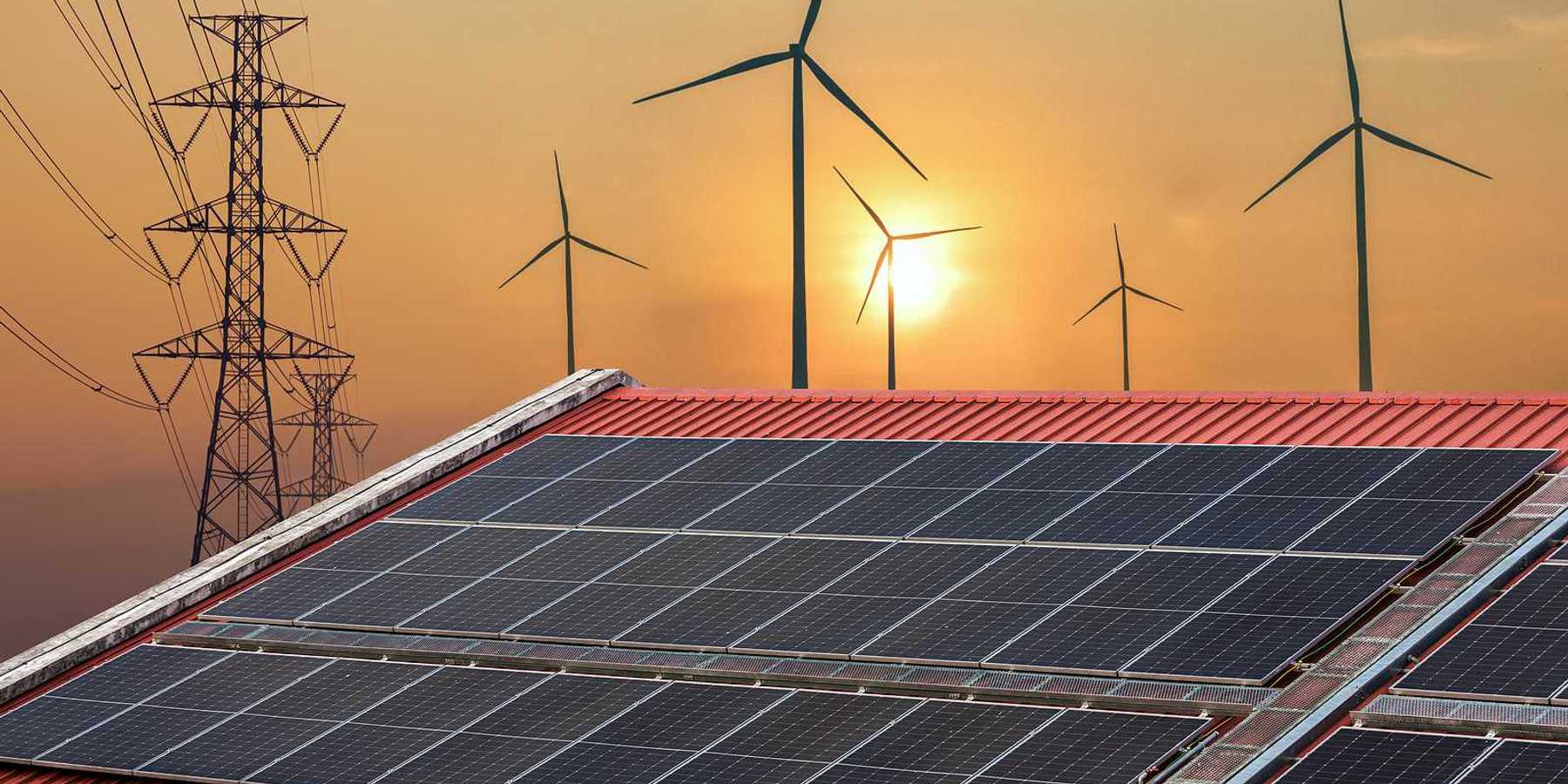erep
How the Clean Air Act lets closed coal plants keep polluting for years
A loophole allows power plants to collect emissions allowances after they close, and there is a huge volume of credits on the market that will take years to work their way through the system.
In a nutshell:
A loophole in clean-air regulations allowed a coal plant to collect emissions allowances for five years after it shut down and then sell those credits to other plants, including the largest emitter of smog-causing gas in the U.S. power sector. This practice has raised concerns about the effectiveness of cap-and-trade programs in reducing air pollution. The Environmental Protection Agency has recently reduced the number of years that retired facilities can collect allowances from five to two, but a large volume of credits from closed plants is still in circulation, leading to a glut in the market and potentially encouraging pollution.
What they said:
Elena Krieger, who oversees scientific research at PSE Healthy Energy, a California-based policy institute, was shocked when she learned about the retired-plant credits. “I was unaware of the practice and am somewhat horrified,” Krieger said.
Big picture:
A provision in a proposed climate change policy could provide a credit windfall to companies closing down polluting plants. This provision allows these companies to sell their allowances for emissions, as they are no longer generating pollution themselves. This has raised concerns among environmentalists who argue that it could undermine the effectiveness of the policy in reducing overall emissions and combating climate change.
'Burn everything': Poland chokes on the smog of war
While a number of European countries besides Poland, such as Germany and Hungary, are burning more polluting brown coal, or lignite, to keep the lights on, experts say it's the use of the fuel at home that will have the biggest impact on health.
U.S. seeks allies as split emerges over global plastics pollution treaty
Drought-hit Kenyan herders save wildlife - and their livelihoods
Kenyan farmers are converting some of the farmland into sustainably managed rangeland to create a wildlife conservancy where cattle and wild animals can co-exist and eco-tourism provides jobs for local people.
Analysis: Climate change, scarcity chip away at degrowth taboo
As climate change accelerates and supply chain disruptions offer rich-world consumers an unaccustomed taste of scarcity, the theory of degrowth is becoming less taboo and some have started to ponder what a degrowth world might look like.









